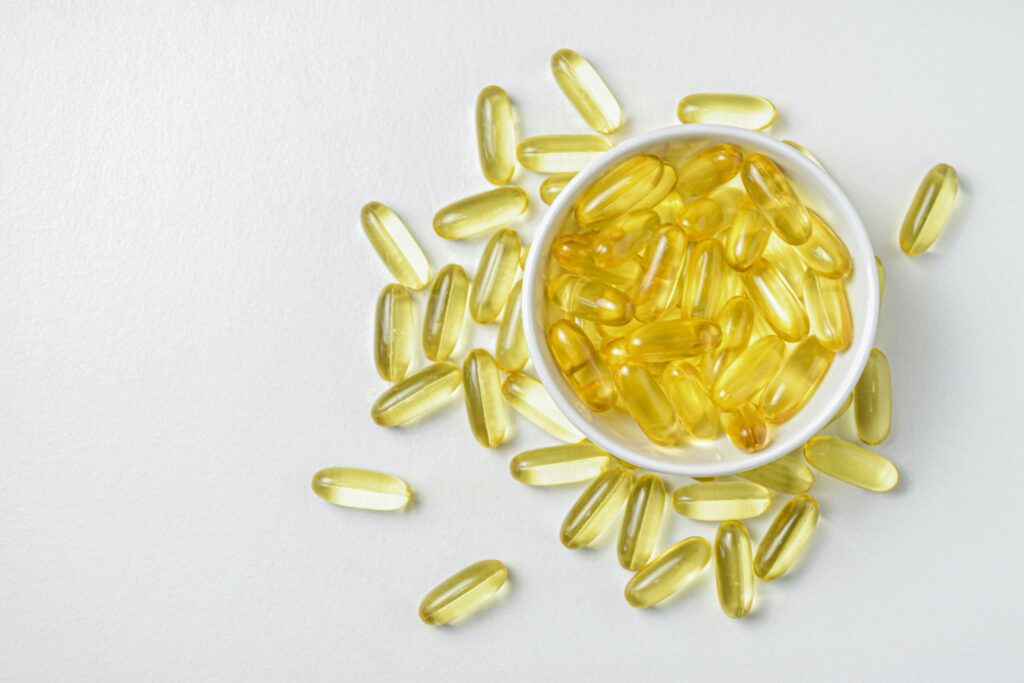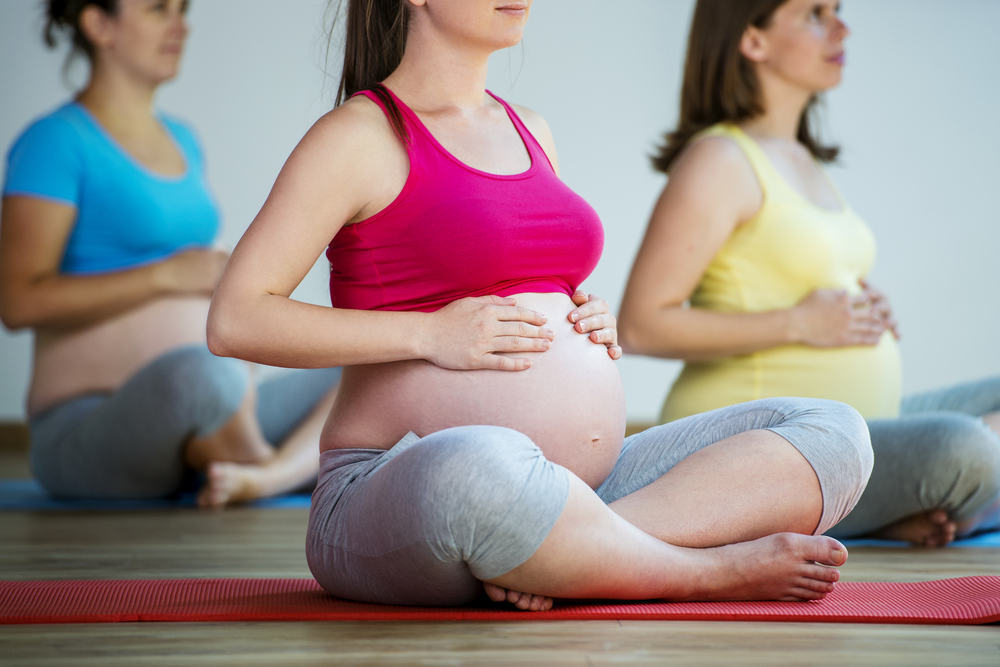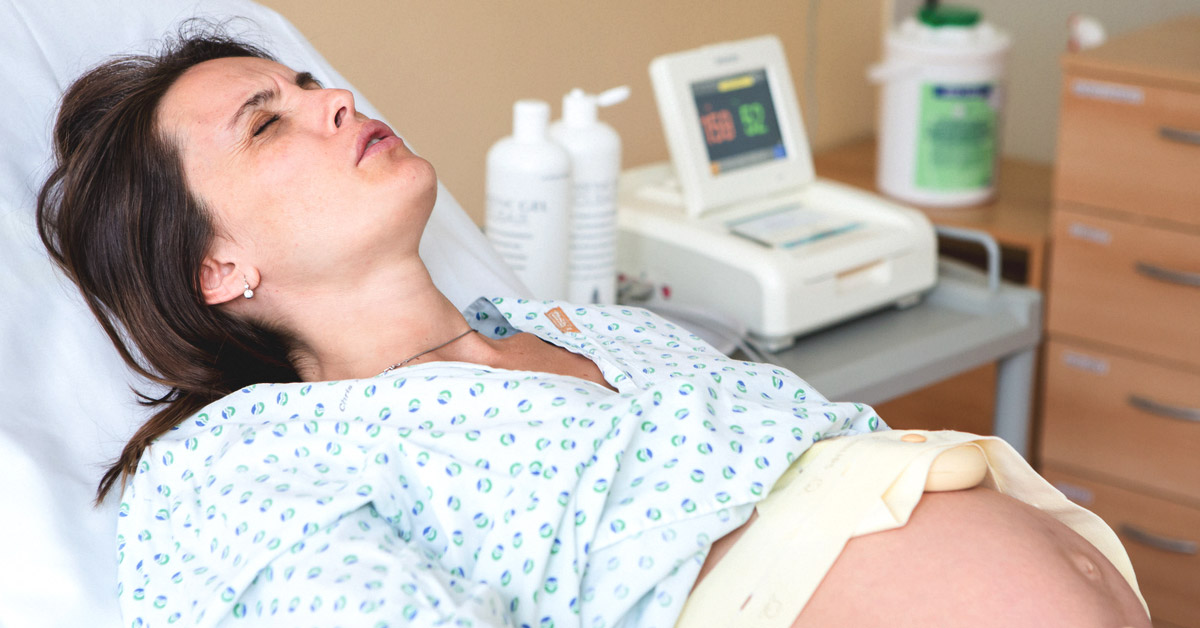In the days after delivering our son, Kavir, in December 2022, I was absolutely not prepared for the hit my body would take!
There’s so much focus on having a healthy pregnancy, but nobody ever prepared me for the toll delivery would take on me, physically.
I was fortunate enough to deliver vaginally, the recovery and downtime for which, I was under the impression would be zero (!), but boy was I wrong!
I did end up with an episiotomy, the stitches for which were extremely painful for the first 7-10 days, sitting and general movement were quite challenging but with the right ointments as prescribed by the doctor and my trusty orthopaedic donut pillow, I managed just fine.
My Body Changed Post-Delivery
What was more challenging were the joint and ligament pains in my knee and shoulders, that I felt soon after.
In preparation for birth, our body releases a hormone called Relaxin, which helps relax and soften ligaments and joints for the growing baby and birth. However post-delivery, the depletion of Relaxin can cause pain and tightness.
For most women who are feeding, shoulder pain due to rounding and poor posture is fairly common. What helped greatly is Bovine Collagen and Bone Broth (recipe below), which specifically targets joint repair and muscle growth. Also, regular visits to my physiotherapist helped further strengthen and release the surrounding muscles. Along with that daily massages, especially with hot stones, worked really well for me.
While physical changes are fairly easy to spot and address, what we need to pay close attention to, is what is happening on the inside. Several parameters get affected postpartum, which only blood tests can help us stay on top of.
Parameters In the Body Affected Post-Delivery
Iron
One of the most important minerals in the prenatal period is iron and the need for which escalates with each trimester, as it is directly responsible for baby’s growth. This coupled with the potential volume of blood lost during delivery makes it an important mineral to keep an eye on. Low Iron levels will result in fatigue, dizziness, brain fog and shortness of breath.
Iron rich foods include – Beef, Mutton, Organ Meats, Bone Broth(recipe below), Spinach, Figs, Beetroot, Pomegranate Juice
Thyroid
The thyroid gland undergoes major changes to support mother and baby during pregnancy. Postpartum it shifts again, and eventually recalibrates to baseline, for most. For some, it can lead to longer-term dysfunction. Postpartum shifts can happen in the first year after birth. Swings can occur towards hyper or hypothyroidism. Common symptoms include hair fall, anxiety, irritability, changes in body temperature ( either too hold or too cold), changes in heart rate, trouble sleeping etc.
Thyroid-stimulating foods include – White Pumpkin Juice, Seaweed, Goji Berries, Brazil nuts
Vitamin D

The importance of Vitamin D cannot be overstated. While technically a Vitamin, it functions more like a hormone. It helps in the regulation of the nervous system, mood, thyroid, female hormone balance, immune function and tissue healing. Lack of this also results in hair fall, which many post-partum women experience.
Vitamin D-rich foods – Sunlight and supplementation are best as Vitamin D rich foods are negligible
Cholesterol
Cholesterol markers, specifically Total Cholesterol, LDL Cholesterol, VLDL and Triglycerides can rise by 40-70% during the pregnancy and stay elevated between anywhere from 1-3 months. It’s important to keep an eye on this and make sure they do return to normal levels.
Cholesterol profile can also be impacted greatly by our food choices, positively or negatively.
Sugar

Blood sugar regulation can be affected postpartum due to poor food choices, lack of sleep, stress and exhaustion. Dysregulated blood sugar, where levels are constantly spiking and crashing, or there is a level of insulin resistance, can wreak havoc in the body by causing irritability, fatigue, disrupted sleep, acne, brain fog, cravings etc. It would be especially important to monitor these levels if gestational diabetes (GD) develops during pregnancy, which can develop in about 7-10% of women.
There is so much focus on what you see on the scale post-partum, but it is also of extreme importance to keep a close watch on how other aspects of our health, especially the latent ones, have progressed during and post-pregnancy.
I’m sharing my recipe for Bone Broth. It really helped me. It’s a fantastic source of collagen, proline, glutamine and other healing compounds that aid Gut, Joint and Skin Health. You can be made from either Mutton, Chicken, Fish, or Lamb. I would use Mutton as my iron levels also needed help
Bone Broth Recipe:
Ingredients
- 2 Mutton bone Marrows(Paya)
- 5 cups Water
- 1 Carrot, finely chopped
- 1 Celery stick, finely chopped
- Half an Onion, finely chopped
- 2 Bay Leaves
- 4 cloves Garlic
- 3 whole Peppercorns
- 1 Tbsp Apple cider vinegar
- Salt to taste
Method
Add all ingredients to a pot and simmer to a boil, once boiling, reduce to medium heat and cook for about 3.5-4 hours till you’re left with 1 serving cup of soup. Drink warm and enjoy!




















